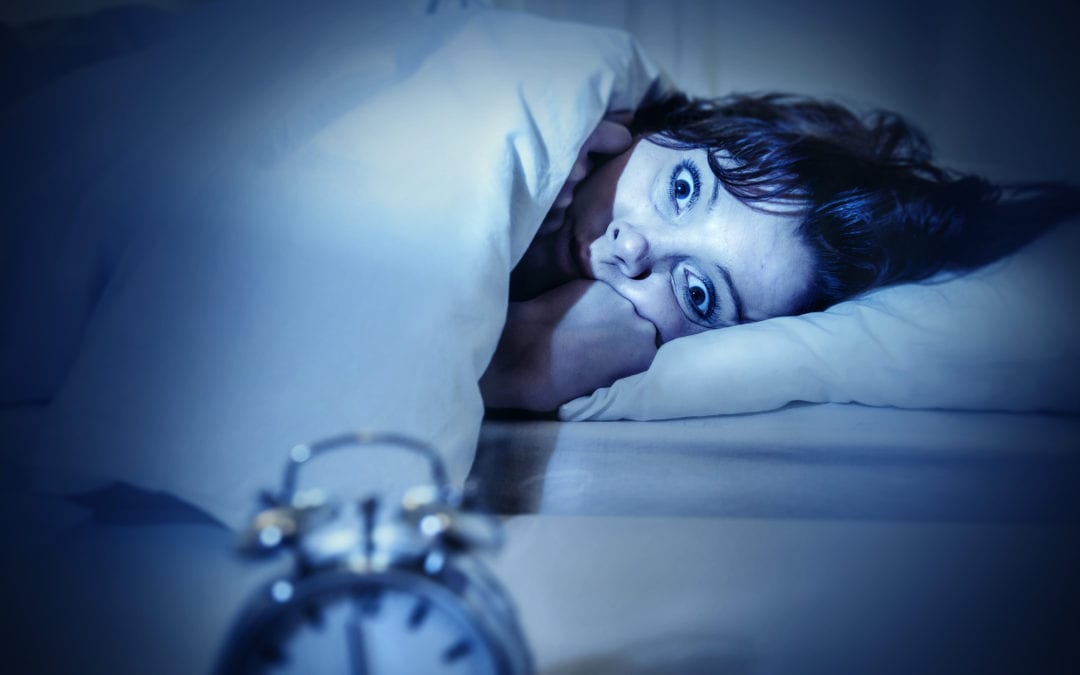What is Insomnia?
Insomnia is a sleep disorder characterized by inability to fall asleep or stay asleep as long as desired. This is followed by daytime sleepiness, low energy, irritability, and a depressed mood. It may also result in an increased risk of motor vehicle collisions, as well as problems focusing and learning.
There are two types of insomnia;
(1) Sleep onset insomnia
(2) Sleep maintenance insomnia
Sleep onset insomnia: This is characterized by difficulty in falling asleep. While good sleepers are able to fall asleep within 15 to 20 minutes of going to bed, persons with sleep onset insomnia may stay awake for hours before finally falling asleep, despite being tired.
Sleep maintenance insomnia : This is a condition where a person finds it difficult to stay asleep. While it’s normal to wake up briefly during the night, persons with sleep maintenance insomnia, may lay awake for hours in the middle of the night struggling to get back to sleep.
Insomnia can also be categorized as;
Short-term or acute insomnia which arises from temporary problem stemming from changes in your normal routine due to, grief, hormone fluctuations, or stress. This can be resolved without any medication.
Transient insomnia lasts for less than a week. It can be caused by another disorder, by changes in the sleep environment, by the timing of sleep, severe depression , or by
stress.
Chronic insomnia may last for up to a month. It can be caused by another disorder, or dependence on certain drugs.
Some causes of insomnia include: Jet lag , job shift changes, environmental noise, sleeping next to a snoring partner, overactive mind, pregnancy, extreme heat or cold.
Psychological issues like: bipolar disorder, depression , anxiety disorders, or psychotic disorders.
Medical conditions like: chronic pain, arthritis, brain lesions, etc
Hormones: estrogen, hormone shifts during menstruation.
•Use of certain drugs such as, contraceptives, alcohol and drugs containing alcohol, caffeine, etcetera.
•Certain sleep disorders e.g sleep apnea.
• Alterations in sleeping routine.
What to do
◾ First identify the possible cause of your condition.
◾ Refrain from sleeping during the day no matter how tired or cranky you feel. Exercise instead. This will make you tired at night with a greater chance of falling asleep.
◾ Spend less time on the bed especially if you are lying down. As a matter of fact, spend less time lying down especially when you do not intend to sleep..
◾ Don’t remain in bed after day break especially when you are not sleeping, get out of bed and find something to do.
◾ Do not eat or drink heavily at night, especially close to your bedtime to reduce the chances of waking up at night to urinate.
◾ Maintain a bedtime routine. Have a fixed time for sleeping and waking.
◾ Refrain from thinking and mental calculations, especially close to bedtime. If something pops up in your head or you feel like you forgot something during the day, make a note instead to prevent brain storming about it. Avoid stressful activities during the day. You can also tryout some stress maintenance therapy.
◾ When you find it difficult to fall asleep, instead of tossing and turning in bed, get out of bed and do something relaxing such as reading a book.
◾ If your sleep is disturbed by light or sounds, turn off all light sources or use blindfolds and earplugs.
Note that this is not a treatment for insomnia, it is just a suggestion. So if you try this and the insomnia persists, you could opt for other options or seek medical advise.


